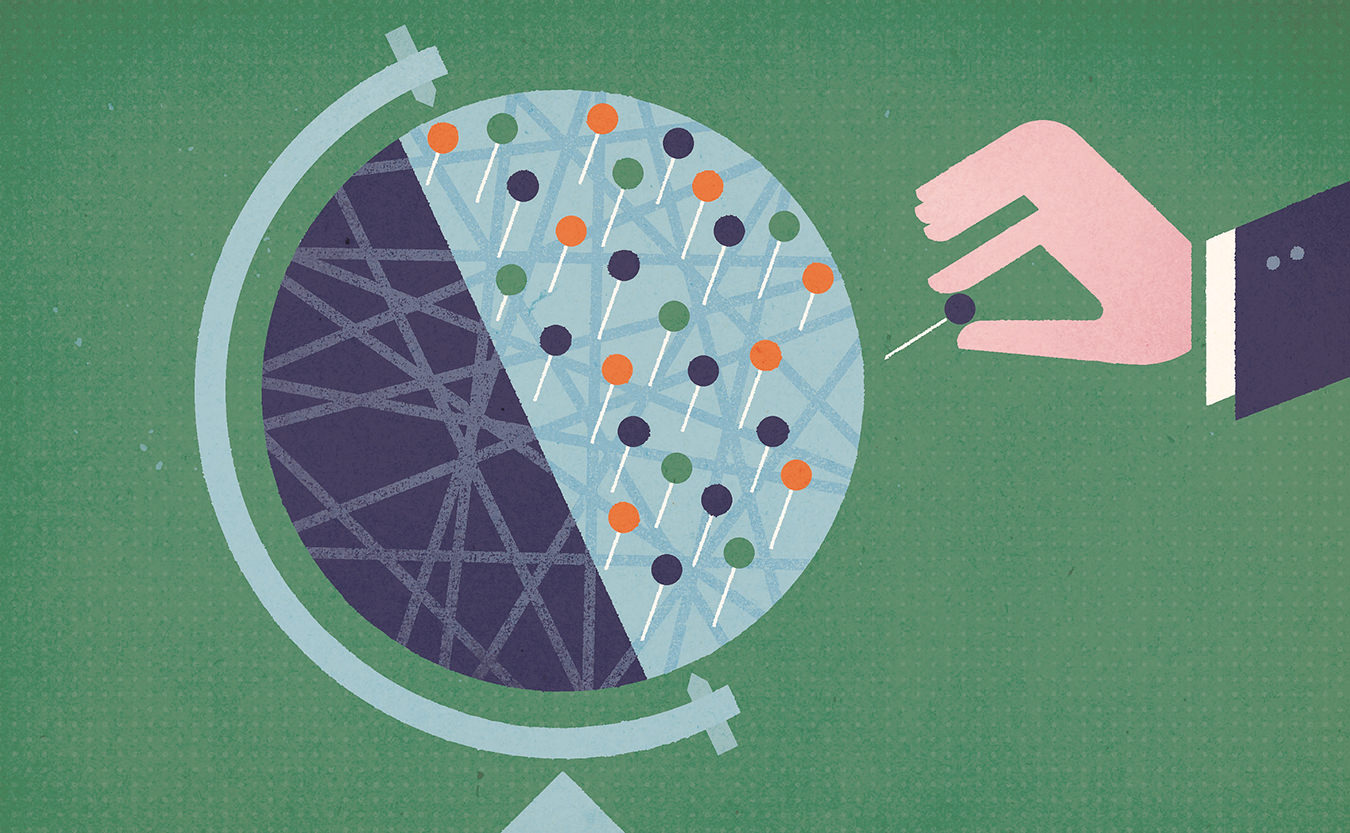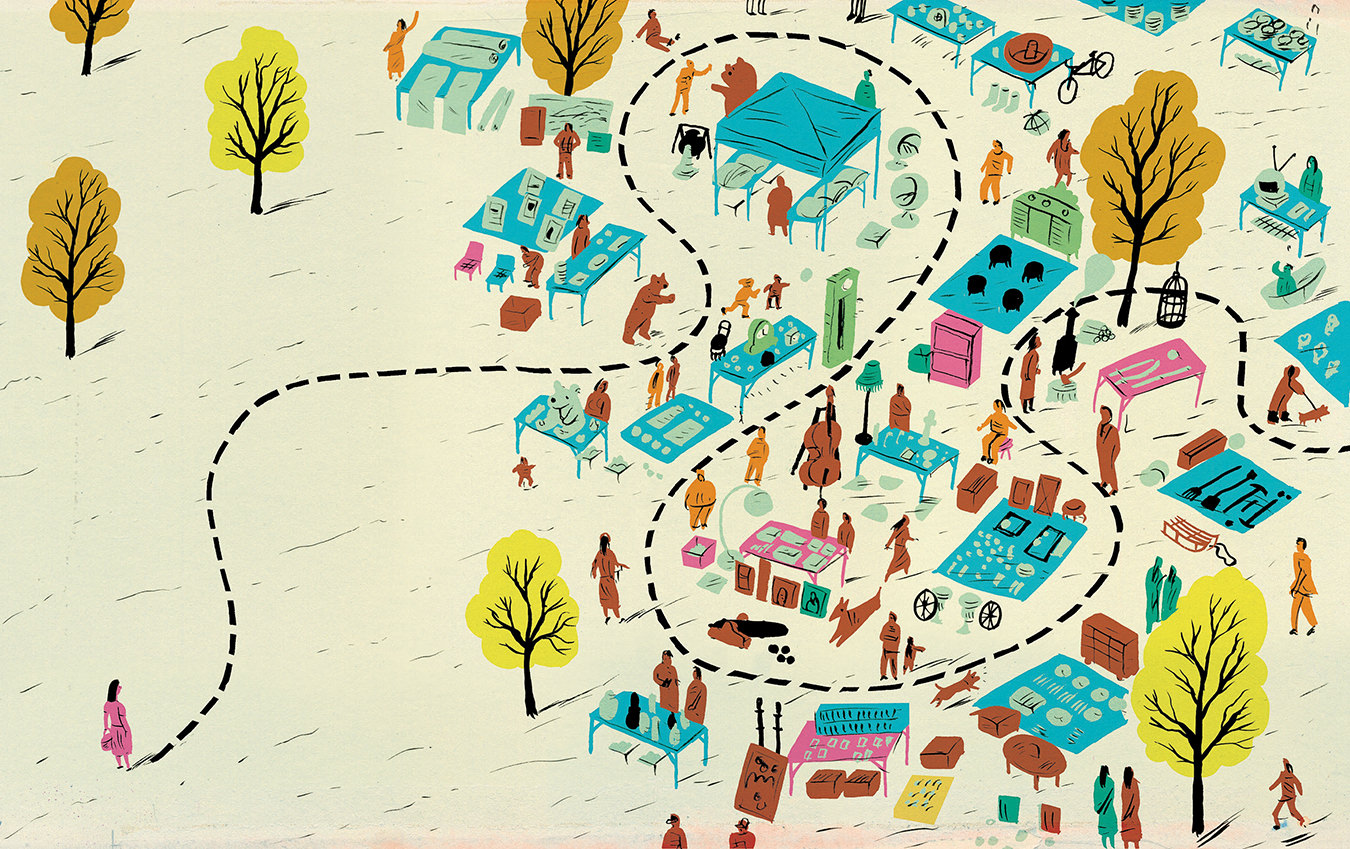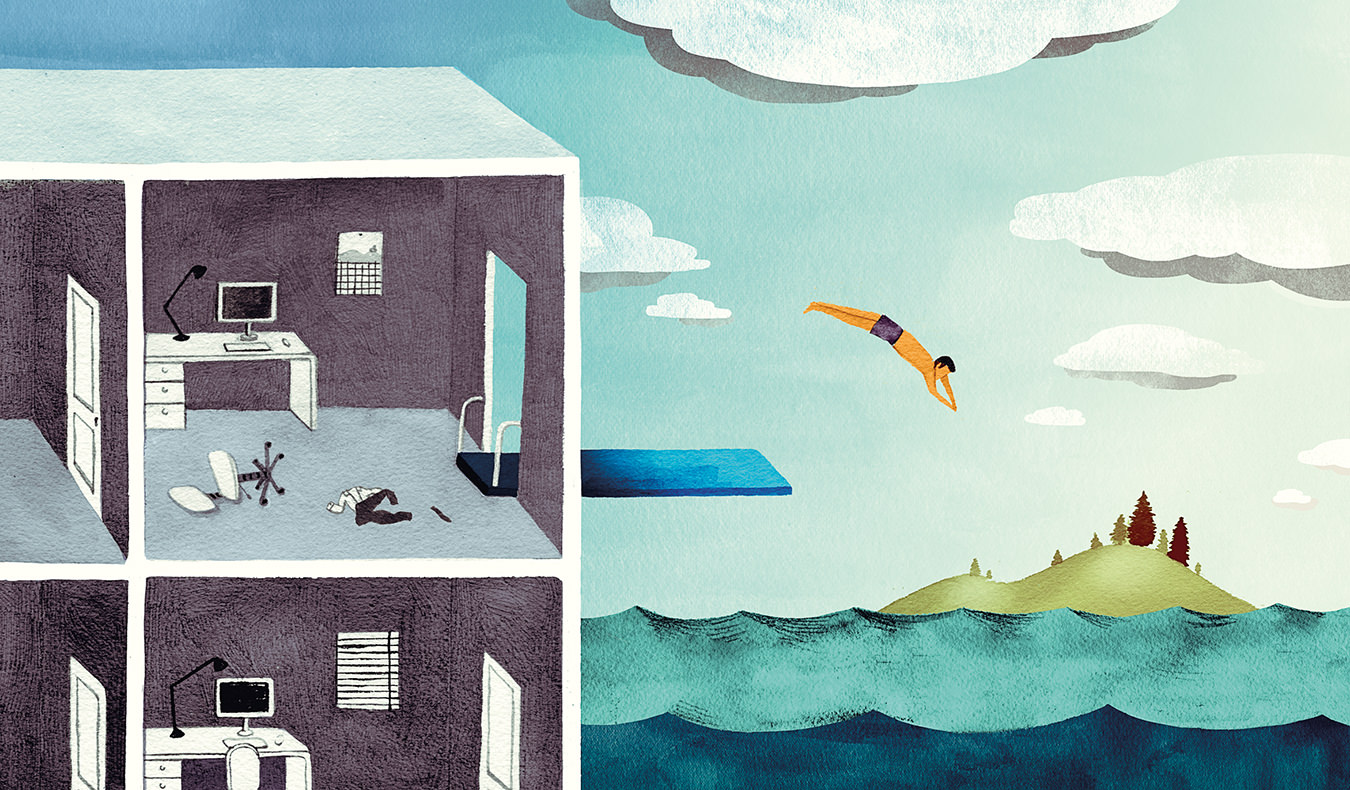Conspiratorial Thinking
What role does the conspiracy theory play in the way we understand the world?

For millennia, to explain the galaxies above, humans whispered of battles between capricious gods and titans. Unfathomable distances are brought close through the power of myth, of language: our unique, if imprecise, gift as a species.
Similarly the microscopic viral realm must be narrated in terms of what we can actually see and understand: immune system as warriors, the virus as foe. The first neural mappings of the mind by Ramón y Cajal, the father of neuroscience, famously used folk tales and novels to help explain the activity of the brain. Stories used in this way help scientists meet people halfway.
But science cannot answer all questions, and even when it can, the language of science is not universally understood. If it were, literature and philosophy departments would have shuttered long ago. We have built complex mythical systems on top of simple yet enigmatic questions like: What does it mean to be a community? Where do we go when we die?
No matter how sure our science, there will always be stories that escape the realm of the possible and linger in the unknown, the impossible. This is the imagination, but it is also a darkness that haunts the present; our need for myth manifests as explanation in the face of an increasingly complex world, where we understand but still don’t truly know. Intuition, fantasies about global governmental forces learned from film, alternative medicines all reach mythic standards, exacerbated by the easy spread on the internet.
In a letter to The Oregonian, the late science fiction writer Ursula K. Le Guin wrote to protest a comparison between science fiction and alternative fact: “The sun rises in the east. To pretend the sun can rise in the west is a fiction, to claim that it does so as fact (or ‘alternative fact’) is a lie.” Le Guin is right, of course, but there’s something else at work in the contemporary prevalence of alternative facts and conspiracy theories. We can and should try to describe how the world works, but we often, as a society, forget the why and dismiss people’s latent anxiety as purely negative.
Of course, there will always be charlatans and those who deny reality. But we are also told from a young age that knowledge is power. It seems today that there is enough power and enough of the violence that comes with it. We should see in conspiracy an attempt to bridge the inconsistencies of modern life with the tools inherited from the last century and its technocratic bent. We should see that in conspiracy there is, underneath what appear as contemptible denials, a glimmer of desire for meaning.
Whether dreamers of alien visitation or faked historical events or the vile denials of science that have popped up during COVID, the need for myths that underlie reality must be addressed so people don’t place causations on old punching bags and ethnic animosities.
The church pyres that burnt Giordano Bruno and other early scientists as heretics cast a long shadow to this day, making superstition seem ugly; the force of antiscience has violent roots, but by ignoring the forces of meaning-making, we, as global citizens, abandon the realm of story to these violent forces.
We should be glad people still tell stories and don’t slip into nihilism. Trying to explain our world means investment in it and hope in the face of catastrophe, but we need to decide what stories and what futures we want to tell. 




